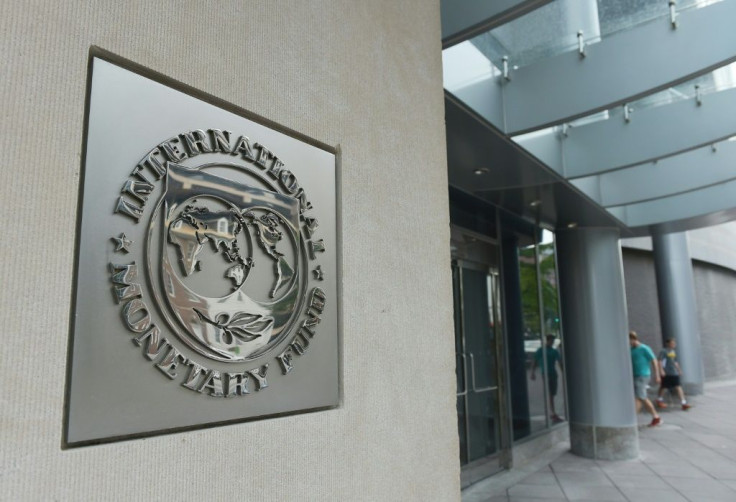IMF Chief: 'We Look Forward To Engaging' With New Argentina Govt

International Monetary Fund chief Kristalina Georgieva on Monday congratulated Alberto Fernandez, winner of Argentina's presidential elections, and vowed to work with his government to stabilize the economy
"We look forward to engaging with his administration to tackle #Argentina's economic challenges and promote inclusive and sustainable growth that benefits all Argentines," Georgieva tweeted.
Fernandez and his running mate -- former president Cristina Kirchner -- soundly defeated business-friendly President Mauricio Macri in Sunday's polls.
Macri had signed a massive $57 billion loan package with the IMF, but the austerity measures he imposed failed to right the economy and generated a wave of popular anger against him.
The poverty rate has risen to more than 35 percent, inflation for the year to September was at almost 38 percent, while the peso has depreciated 70 percent since January 2018.
The return to power of protectionist Peronists has raised fears of yet another debt default, and eroded the peso's value.
The president-elect has insisted his government would not default but rather seek to renegotiate the terms of the IMF loan, and sought to reassure voters that their bank deposits would be safe under his administration.
But since Fernandez's crushing victory in August primaries, Argentine savers have withdrawn around $22 billion from their accounts.
The government has imposed strict capital controls to prevent further erosion of its currency reserves, and the restrictions were tightened again on Monday to allow dollar purchases of only $200 a month.
The IMF is viewed as having taken a chance with the record loan to Buenos Aires, given the country's track record, and it is the first major crisis for Georgieva who took the helm of the Washington-based crisis lender only this month.
But analysts say the chances of another default are rising, one putting them at 67 percent, with a "haircut" to reduce the debt level and extend the maturity highly likely.
© Copyright AFP {{Year}}. All rights reserved.





















